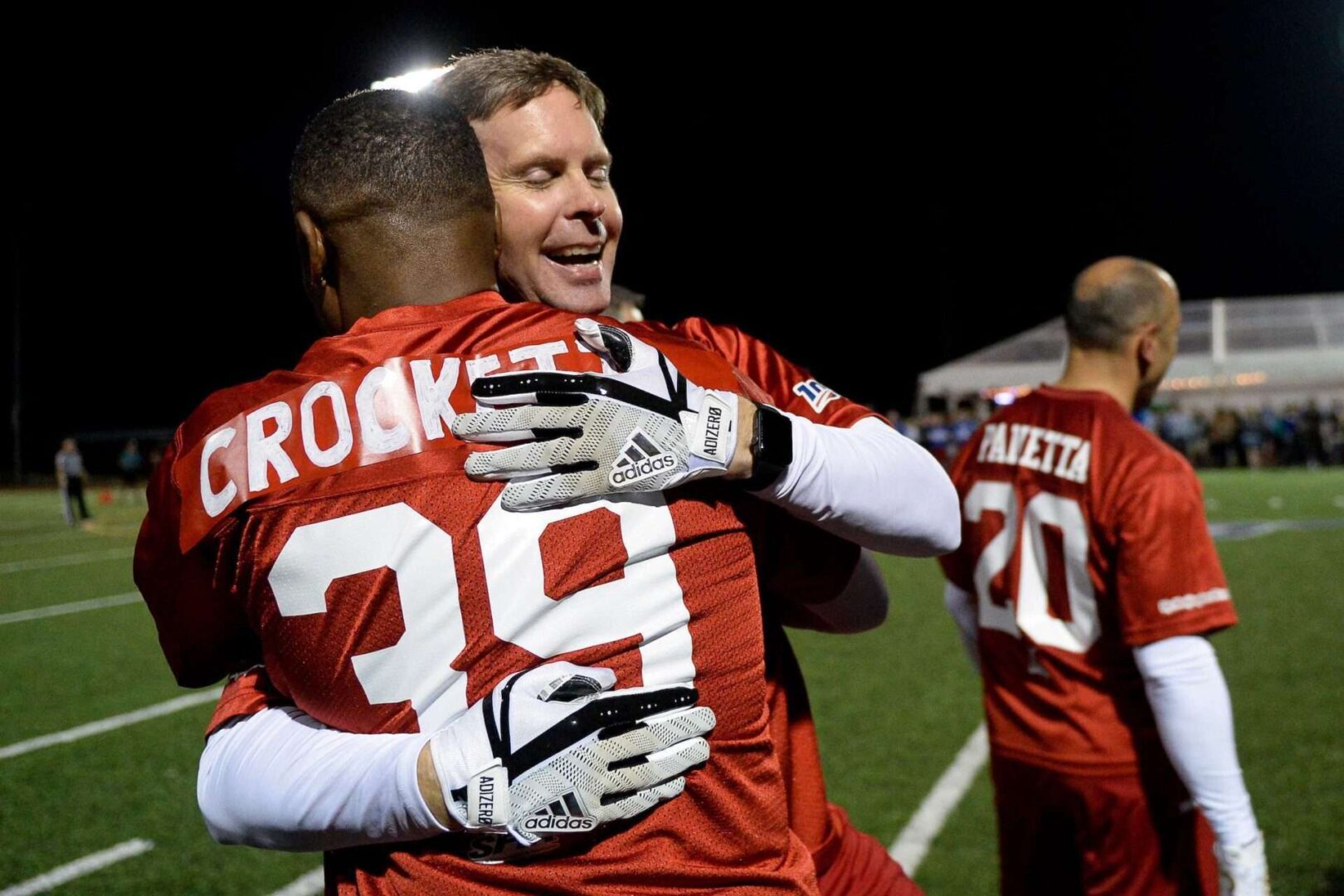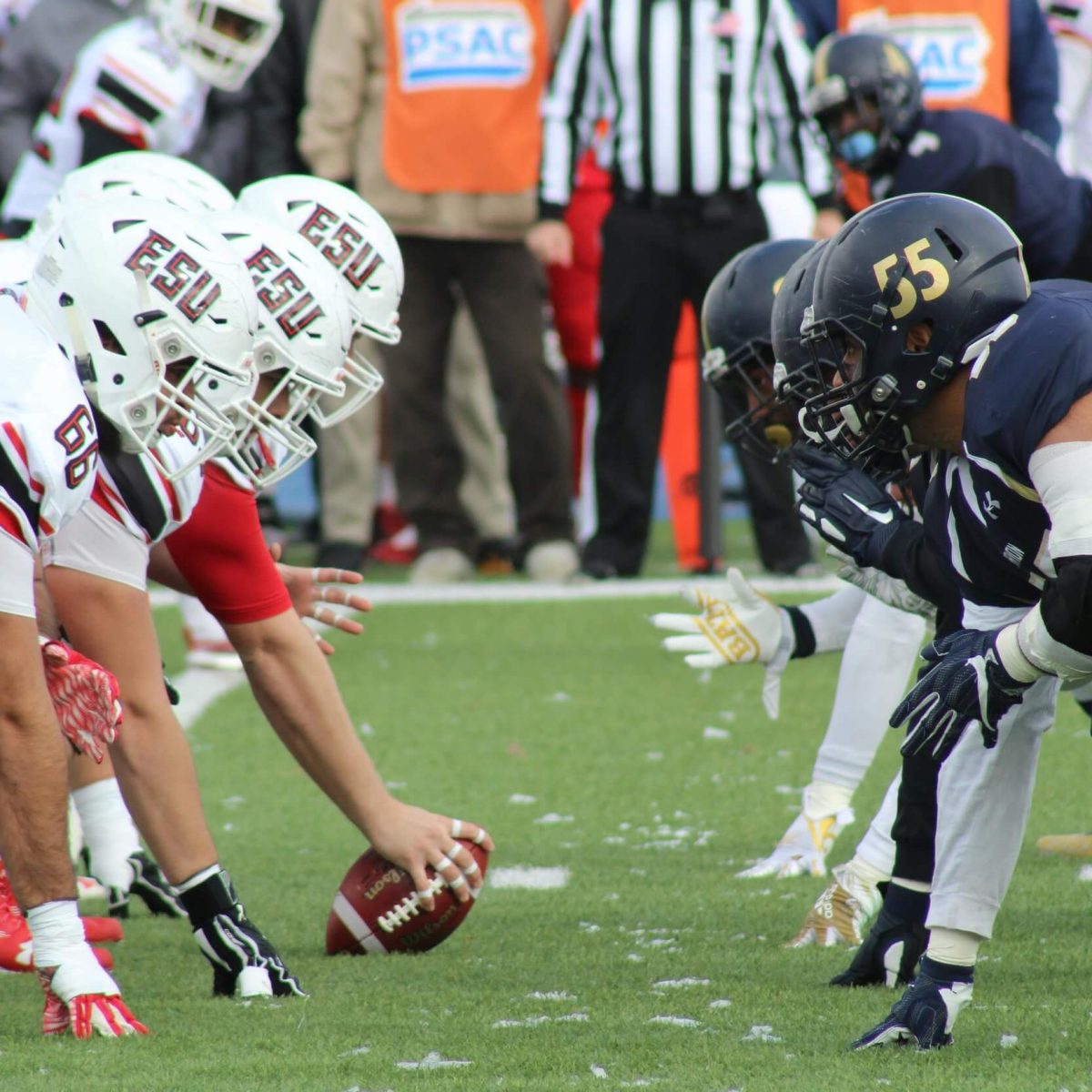From dusty neighborhood fields to world-class arenas, sports have always played a significant role in human society. Whether it’s the roar of the crowd at a football match, the silent focus of a tennis player before a serve, or the adrenaline of a sprinter at the starting block, sports capture our emotions, unite communities, and push the boundaries of human potential.
But beyond the entertainment and competition, sports offer profound benefits—physically, mentally, socially, and even economically. In today’s high-paced world, where screens often dominate our attention and sedentary lifestyles are increasingly common, sports serve as a powerful antidote, offering both individual enrichment and societal impact.
Physical Health Benefits of Sports
At the most basic level, sports promote physical health. Regular participation in sports—whether organized or recreational—offers a wide range of physical benefits:
-
Improved cardiovascular health
-
Increased muscular strength and endurance
-
Enhanced flexibility, coordination, and balance
-
Better body composition and weight management
Children who engage in sports are more likely to maintain healthy body weights, develop strong bones, and avoid conditions like type 2 diabetes. For adults, regular athletic activity can lower the risk of heart disease, stroke, and even some cancers. In older adults, staying active through sports like swimming, golf, or walking can delay the onset of mobility issues and keep the body functioning well into old age.

Mental and Emotional Benefits
Physical activity doesn’t just strengthen the body—it elevates the mind. Sports are a powerful tool for mental health, offering both short-term and long-term psychological benefits:
1. Stress Reduction
Exercise helps lower levels of cortisol (the stress hormone) while increasing endorphins—the “feel-good” chemicals in the brain. Even a casual game of soccer or basketball after work can relieve tension and improve mood.
2. Improved Focus and Cognitive Function
Sports require concentration, strategic thinking, and quick decision-making, all of which help sharpen the brain. Studies show that athletes tend to have better attention spans and memory than their sedentary peers.
3. Building Confidence and Self-Esteem
Whether it’s scoring a goal, mastering a new technique, or simply completing a workout, sports provide continuous goals to work toward. These small achievements foster self-belief, especially among young people.
4. Combating Anxiety and Depression
Physical activity has been shown to be as effective as medication in treating mild to moderate depression in some individuals. Sports also create social opportunities that help reduce feelings of isolation or loneliness.
The Power of Teamwork and Social Connection
One of the most unique and valuable aspects of sports is the way they bring people together. In team sports like football, volleyball, and basketball, athletes learn essential social skills:
-
Communication: Successful teams rely on clear, effective communication both on and off the field.
-
Cooperation: Winning isn’t about individual talent alone; it requires working toward a shared goal.
-
Conflict Resolution: Disagreements are natural, but sports teach players to resolve issues quickly and respectfully.
-
Leadership and Support: Players learn when to lead and when to follow, when to push and when to encourage.
Even in individual sports like tennis or track, athletes often train with others, creating bonds based on mutual respect and shared experience. These connections often translate into lifelong friendships and professional networks.
Sports and Youth Development
For children and teens, sports are especially important. Organized athletics provide structure, discipline, and routine—key ingredients for positive youth development.
Academic Impact
Contrary to the myth that sports distract from education, numerous studies show that student-athletes often perform better in school. Participation in sports has been linked to:
-
Higher grades and test scores
-
Better attendance rates
-
Increased likelihood of pursuing higher education
This is partly due to the discipline, time management, and goal-setting skills that sports instill.
Character Building
Sports teach valuable life lessons: how to handle victory with grace, how to cope with failure, how to be accountable, and how to persevere. These are life skills that extend well beyond the playing field.
Economic and Career Opportunities
Sports also represent a significant sector of the global economy. From professional leagues and college sports to coaching, journalism, sports medicine, marketing, and management—careers in sports are diverse and expanding.
For elite athletes, the dream of turning a passion into a profession is now more attainable than ever. But even for those who don’t go pro, sports can open doors through scholarships, networking, and the development of soft skills that employers value highly.
Sports as a Cultural Force
Sports are woven into the cultural fabric of societies across the world. Major events like the Olympics, the FIFA World Cup, and the Super Bowl are more than just games—they’re global spectacles that inspire nationalism, unity, and pride.
In many places, sports transcend politics, language, and borders. They can serve as a vehicle for social change, raising awareness around issues like racism, gender equality, and mental health.
Athletes like Muhammad Ali, Serena Williams, Megan Rapinoe, and LeBron James have used their platforms to advocate for justice, equity, and reform, proving that sports can be a powerful voice for the voiceless.
Challenges in the World of Sports
While the benefits of sports are many, the landscape is not without its challenges:
-
Injury Risks: Overuse injuries, concussions, and long-term damage are realities in certain sports.
-
Pressure and Burnout: Especially among young athletes, intense pressure to perform can lead to anxiety and loss of enjoyment.
-
Inequality: Gender, racial, and economic disparities still exist in access to sports opportunities.
-
Commercialization: In professional sports, the focus on profit can sometimes overshadow the spirit of fair play and sportsmanship.
Addressing these issues is crucial to ensuring that sports continue to be a positive force in people’s lives.
How to Get Involved

You don’t have to be an elite athlete to benefit from sports. Whether you’re 7 or 70, there are countless ways to get involved:
-
Join a local sports league or club
-
Participate in community fitness events or charity runs
-
Try a new sport like pickleball, paddleboarding, or martial arts
-
Encourage children to engage in age-appropriate athletic activities
-
Volunteer as a coach, referee, or mentor
The key is to find something that fits your interests and physical abilities—and to keep moving.
Conclusion
Sports are far more than just games or competitions. They are a way of life that promote health, build character, connect communities, and inspire the world. Whether you’re an elite athlete chasing gold medals or someone who enjoys a weekly game of pickup soccer, the value of sports is universal.
In an age where connection, health, and resilience are more important than ever, sports offer a dynamic and rewarding path to personal and collective well-being. So lace up your shoes, grab your gear, and remember: it’s not just about winning—it’s about playing.

